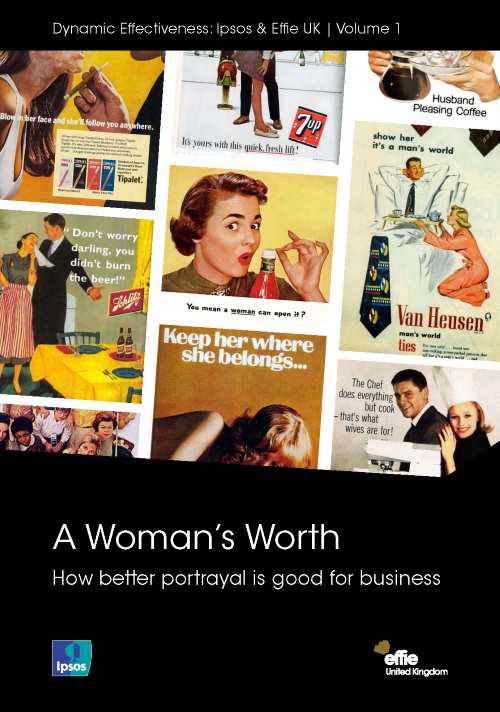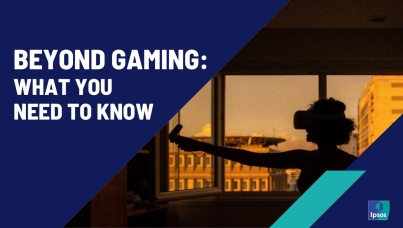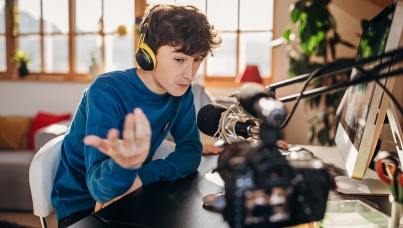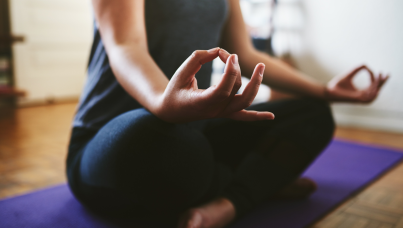A Woman's Worth: How better portrayal is good for business
I n Great Britain, 29% of people agree that the main role for women in society is to be good wives and mothers. Alarmingly, this figure is on the rise, especially amongst 16-24s. While we can point to phenomena like Andrew Tate or the 229.8M views for #Tradwife on TikTok driving a trend for traditional roles, marketing has done its fair share to reinforce gender bias. Of the ads tested in the Ipsos database, 58% feature women in traditional roles.
n Great Britain, 29% of people agree that the main role for women in society is to be good wives and mothers. Alarmingly, this figure is on the rise, especially amongst 16-24s. While we can point to phenomena like Andrew Tate or the 229.8M views for #Tradwife on TikTok driving a trend for traditional roles, marketing has done its fair share to reinforce gender bias. Of the ads tested in the Ipsos database, 58% feature women in traditional roles.
The opportunity for brands? The evidence shows that featuring women in more diverse roles has a commercial upside. Ads with women in non-traditional roles are significantly more likely to score higher on the Gender Equality Measure®, and subsequently are 24% more likely to drive short term sales and 28% more likely to drive brand equity.
This report features Effie awarding winning case studies from, and expert commentary from:
- Aline Santos, Chief Brand Officer & Chief Diversity & Inclusion Officer, Unilever
- Lori Meakin, WACL Exec member, author of ‘No More Menemies’ and founder and CEO of The Others & Me
- Shelley Zalis, CEO and Founder of The Female Quotient
- Vicki Maguire, Chief Creative Officer, Havas London
Key takeaways
Ipsos data reveals a third of Britons, and 38% of 16-24s, increasingly believe a woman’s primary role is to be a good wife and mother.
Remembering advertising’s role in gender role reinforcement, 58% of ads tested in the Ipsos database feature women in traditional roles.
There is an opportunity for marketers to use non-traditional gender portrayal to drive up ad effectiveness.
- Ads that feature women in non-traditional roles such as athletes (4%), STEM professionals (3%), Business owners (3%) and artists (2%) are significantly more likely to score high vs. low on the Gender Equality Measure (GEM®).
- Ads with a strong Gender Equality Measure (GEM®) score are 24% more likely to drive short term sales and 28% more likely to drive brand equity.
Effie case studies back this up with inspiring marketing activity by brands who have realised in-market success with well-rounded portrayals of women in non-traditional roles.
- Secret in the US grew their brand by 8.8% collaborating with female Olympic athletes.
- Ancestry UK increased revenue from new customer signups 20.4% and increased ROI by 10% by celebrating women’s full lives in history.
- Nissan experienced record-breaking sales amongst women in Saudi Arabia by focusing on female accomplishment vs. permission to drive.
- Dove US grew sales 10% by challenging the status quo on toxic beauty content that girls see in their social feeds.
Discover the rest of the Dynamic Effectiveness Series
Table of contents
- Dynamic Effectiveness: Ipsos & Effie UK
- A Woman's Worth: How better portrayal is good for business
- The Empathy Gap and How to Bridge It
- Why Nostalgia Is So 'Fetch' Right Now
| Previous | Next |







